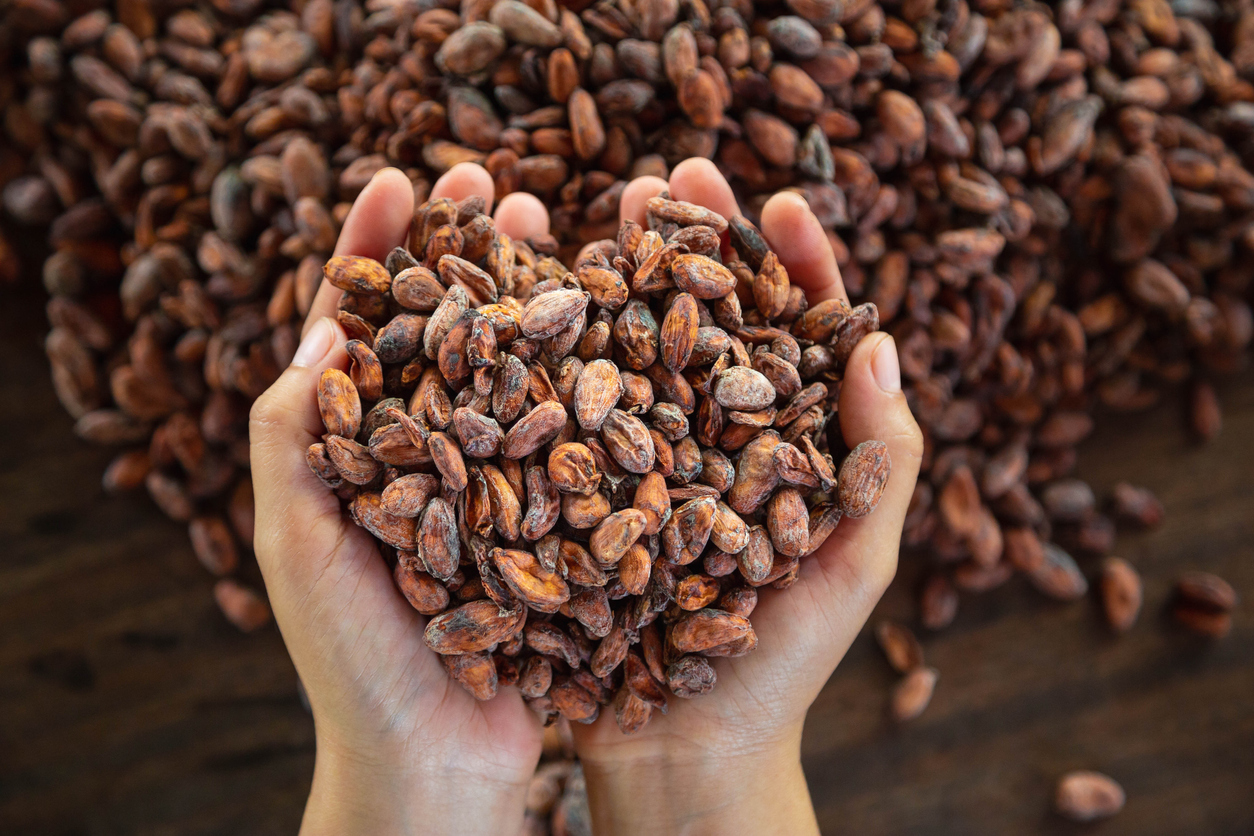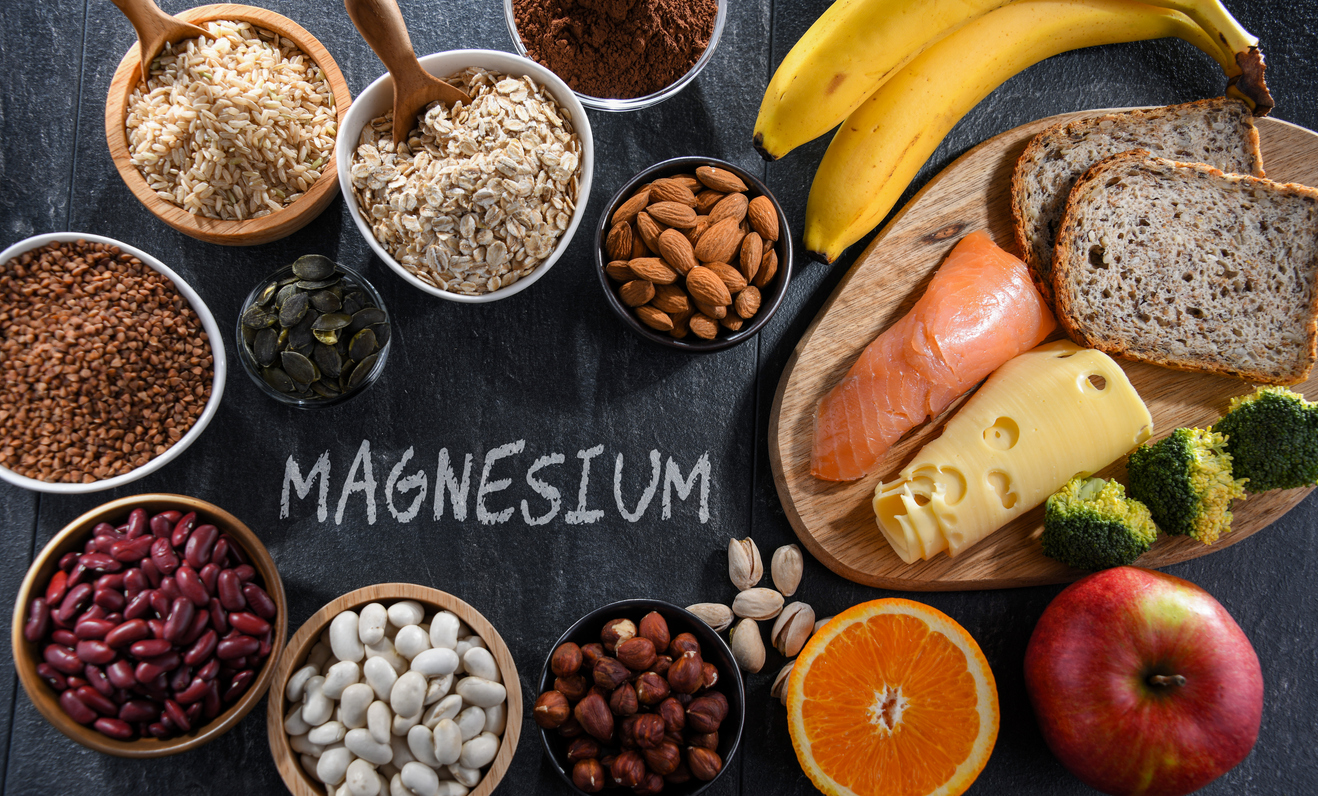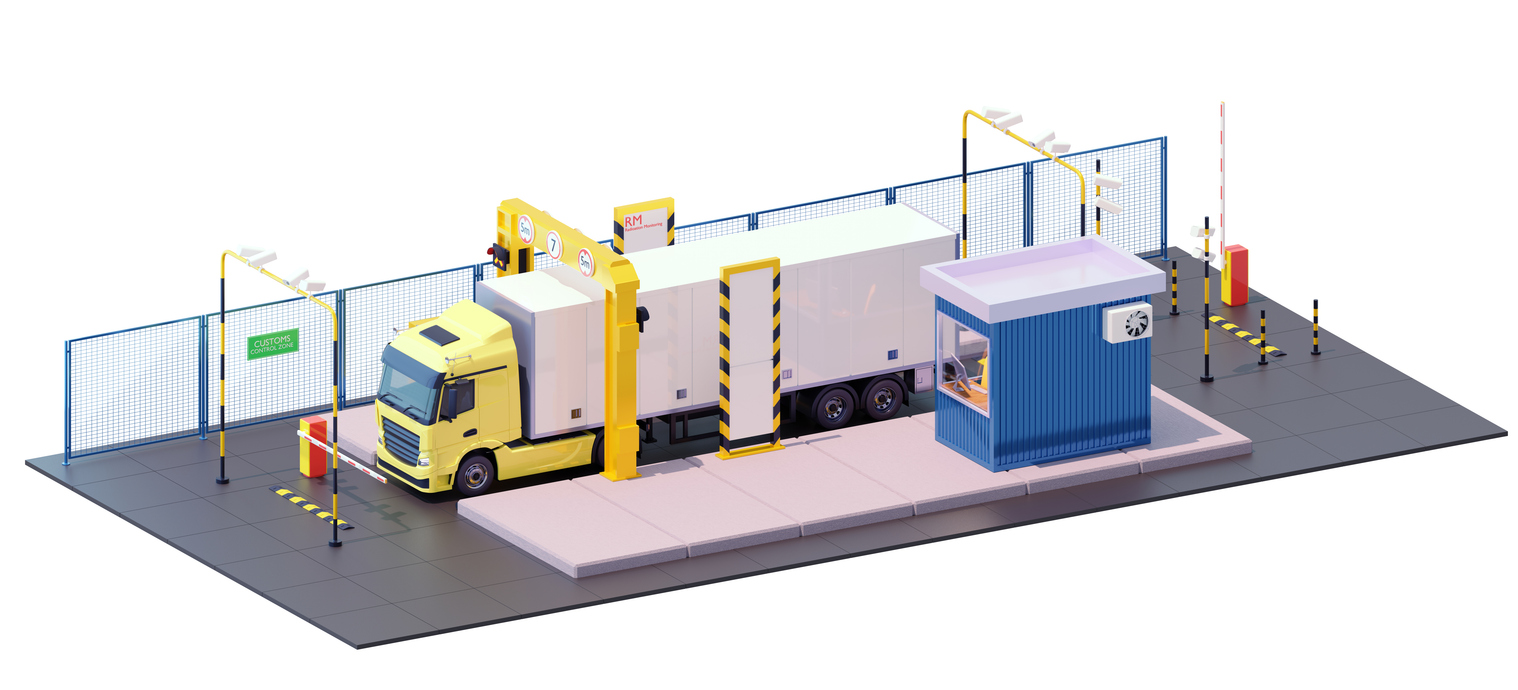The Current Cocoa Price in Nigeria: How it Affects the Average Nigerian
The Current Cocoa Price in Nigeria: How it Affects the Average Nigerian
The cocoa price is a significant factor in the lives of people in Nigeria since it determines the amount of money that the average Nigerian earns from cocoa. The government has said that it will look into how to increase the availability of cocoa for the people. It must be noted that there are some benefits with this product for Nigerians such as cocoa-derived products like chocolate and chocolate milk which contain useful nutrients. However, it becomes necessary for countries to be able to produce enough cocoa for an increasing population, so a steady demand is key. Here, are some ways that the current cocoa price affects Nigerians.
What is the current cocoa price?
The current market price of cocoa is 750,000 Nigerian naira per metric ton. A metric ton is 2750 kilograms and there are 30,000 grams in one kilogram. The current average yearly income for a Nigerian is $1,000 to $2,000.
As the cost of cocoa goes up, the average income for a Nigerian tends to go down. In addition to this, people will have a harder time buying food and necessities because they cannot afford chocolate or other cocoa-derived products like chocolate milk which contain important nutrients. With an increased demand for cocoa, the government seeks ways to increase supply so that Nigerians can enjoy their favorite chocolate treats with peace of mind.
The impact of the cocoa price
In the long run, the cocoa price affects people in Nigeria. Many Nigerians rely on cocoa as their only source of income, so a decrease in its price could actually lead to some serious financial problems for them. The current cocoa price also impacts companies that manufacture and sell products using cocoa. A decrease in the price of cocoa would lead to decreased profits for these companies, which would then have to pass this cost along to their customers. To keep profits up, companies might choose to reduce the amount of quality they put into their products or raise prices. This could hurt consumers because they are already facing tough economic times with high unemployment rates and poverty rates.
Cocoa-derived products in Nigeria
Cocoa-derived products like chocolate and chocolate milk are very popular in Nigeria. In fact, cocoa-derived products are the number one source of income for smallholder farmers in the country. This is because it is a multi-billion dollar industry that employs over 50 percent of Nigerian households.
The current price of cocoa is important because it affects how many cocoa-derived products people can afford to buy. With the current price, most Nigerians cannot afford to buy expensive chocolate, while they can still buy cheaper alternatives such as chocolate biscuits or chocolate drink mixes. This means that more Nigerians may be forced to consume these cheaper alternatives since they are cheaper than other types of cocoa-based products.
Cocoa-derived products used outside Nigeria
The price of cocoa has been increasing in the world market. This can be seen in the global market for cocoa derivatives like chocolate, chocolate milk, and others that use cocoa as a main ingredient.
Conclusion
The current cocoa price in Nigeria is 309 Naira per kilogram of cocoa beans. This price was established by the United Nations and the International Cocoa Organization to reflect the international price of cocoa beans. The price also fluctuates depending on the international market price for cocoa beans as well as the demand for cocoa products in Nigeria.
With an average income of 10,000 Naira per month, the price per month for the average Nigerian is about 28,000 Naira or about $260 USD.
In a country with a population of 170 million people, this equates to an annual income of about $3,000 USD or $80 USD per person.
This price also affects Nigerian companies who produce cocoa-derived products and sell them outside of Nigeria. They must contend with a lower demand for their products as well as higher costs due to the increase in raw materials prices.







LEAVE A COMMENT
You must be logged in to post a comment.